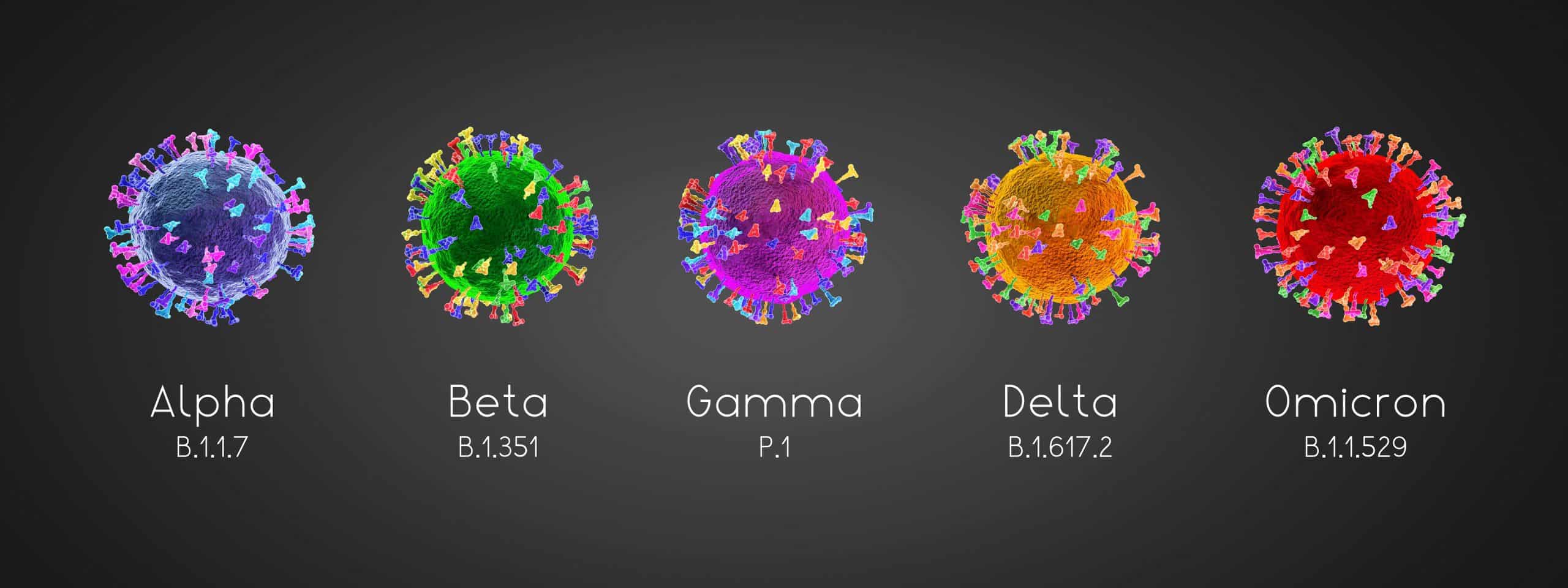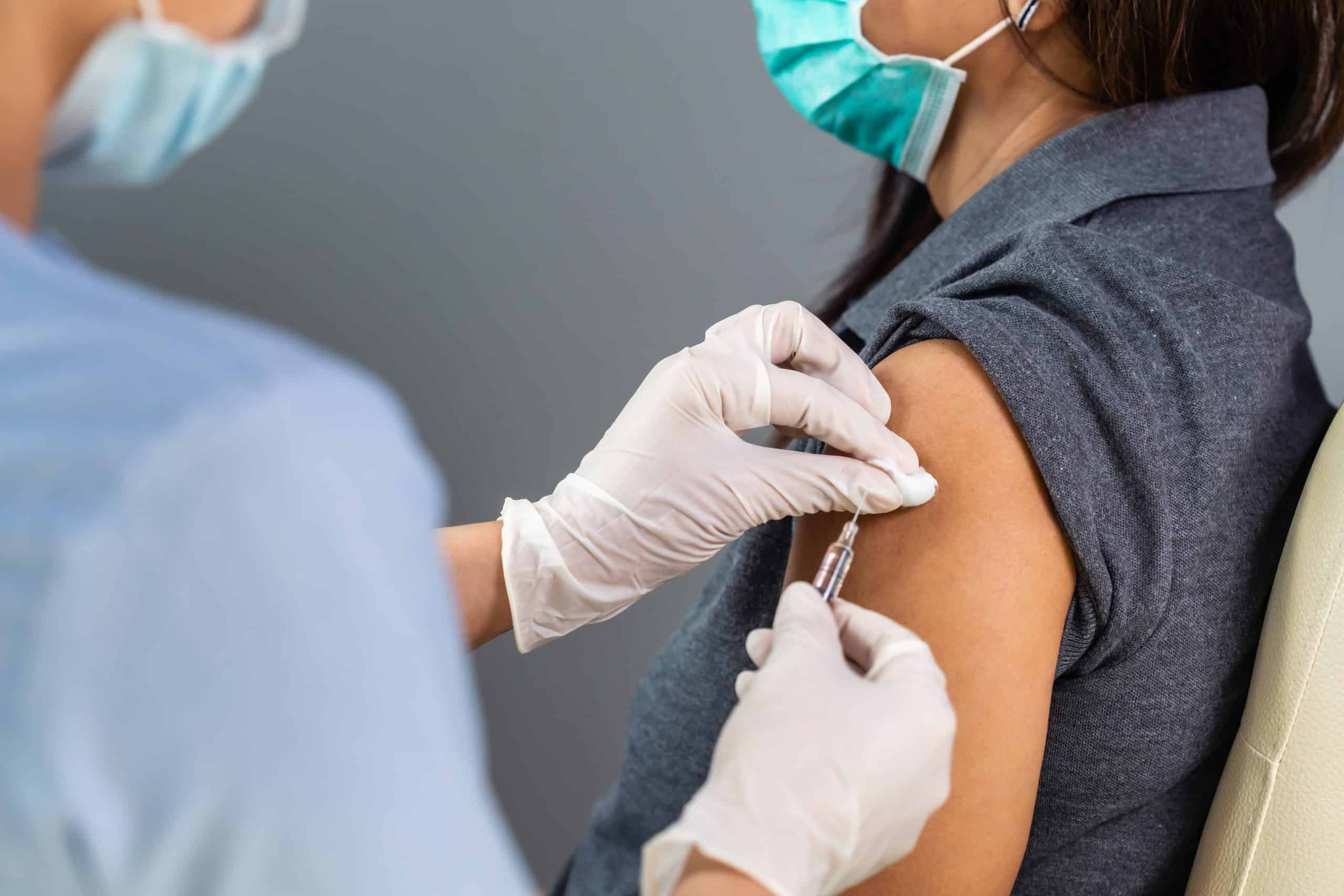COVID-19 is an infectious disease caused by the SARS-CoV-2 virus, first discovered in December 2019. COVID-19 has spread rapidly around the world despite stringent efforts at control via quarantine and border closures. Within months of being first identified, COVID-19 was designated a pandemic in March 2020 by the World Health Organisation (WHO).
SARS-CoV-2 transmission remains high today, partly due to the emergence of multiple variant strains of the virus. To date, hundreds of millions of people around the world have been infected and millions of deaths have been associated with COVID-19.
Covid-19 symptoms include the following:
Most common symptoms:
- fever
- cough
- tiredness
- loss of taste or smell
Less common symptoms:
- sore throat
- headache
- aches and pains
- diarrhoea
- a rash on skin, or discolouration of fingers or toes
- red or irritated eyes
Serious symptoms:
- difficulty breathing or shortness of breath
- loss of speech or mobility, or confusion
- chest pain
Seek immediate medical attention if you have serious symptoms. Always call before visiting your doctor or health facility.
The first line of defence against COVID-19 is prevention. This includes wearing masks when appropriate (such as when indoors in a public environment) as well as maintaining good hygiene practices. Vaccination is another measure we can all take to protect ourselves, our families and community.
Omicron Variant and Vaccine Trials Underway
Since the start of the COVID-19 pandemic, five SARS-CoV-2 variants of concern have been identified, namely Alpha, Beta, Gamma, Delta and Omicron that have surfaced and undergone transmission across the globe. As of May 2022, the Delta and the Omicron variants remained designated as circulating variants of concern by the WHO.

The most recently discovered variant of coronavirus, Omicron, has a large number of mutations, of which some are concerning. Omicron has 36 mutations on the spike protein, and 26 unique mutations. In comparison a mere 10 unique mutations was found in the Delta variant. Evidence shows that the Omicron variant also has an increased risk of reinfection.
In subjects who had been recently boosted, Omicron neutralisation by two mRNA vaccines was 4 to 6-fold lower than for the original wild-type (or Wuhan) virus. 2-doses of mRNA vaccines are effective against the wild-type variant, but suboptimal for inducing equivalent neutralising antibodies to the Omicron variant.
A December 27 2021 Danish report suggests that Omicron’s increasing dominance over the other variants can be ascribed to its greater potential in immune evasiveness. Multiple studies have also shown the Omicron variant to escape the majority of existing SARS-CoV-2 neutralising antibodies, including of serum from vaccinated and recovering individuals. Studies, some of which using large nationwide datasets from either Israel and Denmark, found that vaccine effectiveness of multiple common two-dosed COVID-19 vaccines is substantially lower against the Omicron variant than for other common variants including the Delta variant, and that a new (often a third) dose – a booster dose – is needed. Nevertheless, these studies also demonstrate the urgency of coming up with an Omicron-specific vaccine to reduce variant escape and increase Omicron immunity within our community.
Here at AusTrials we are excited to have the opportunity to take part in a study testing the effectiveness and safety of an Omicron-specific vaccine. Contact us on 1300 190 841 to find out more.


